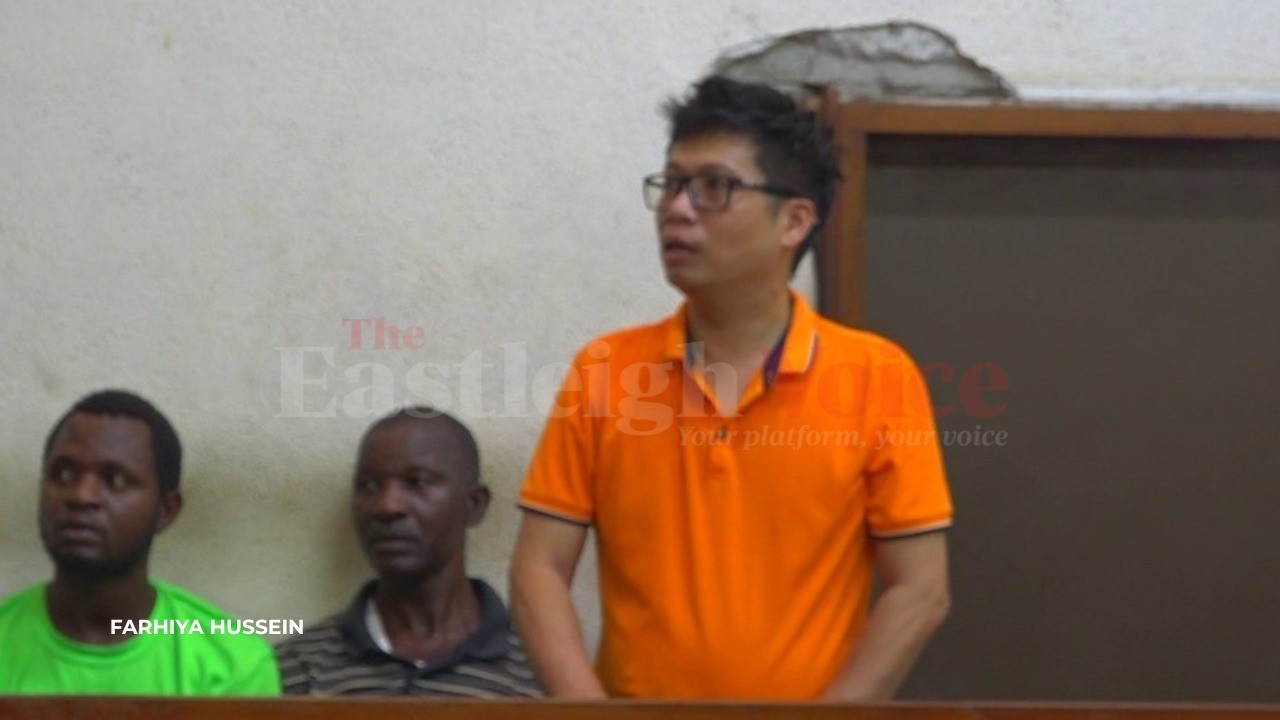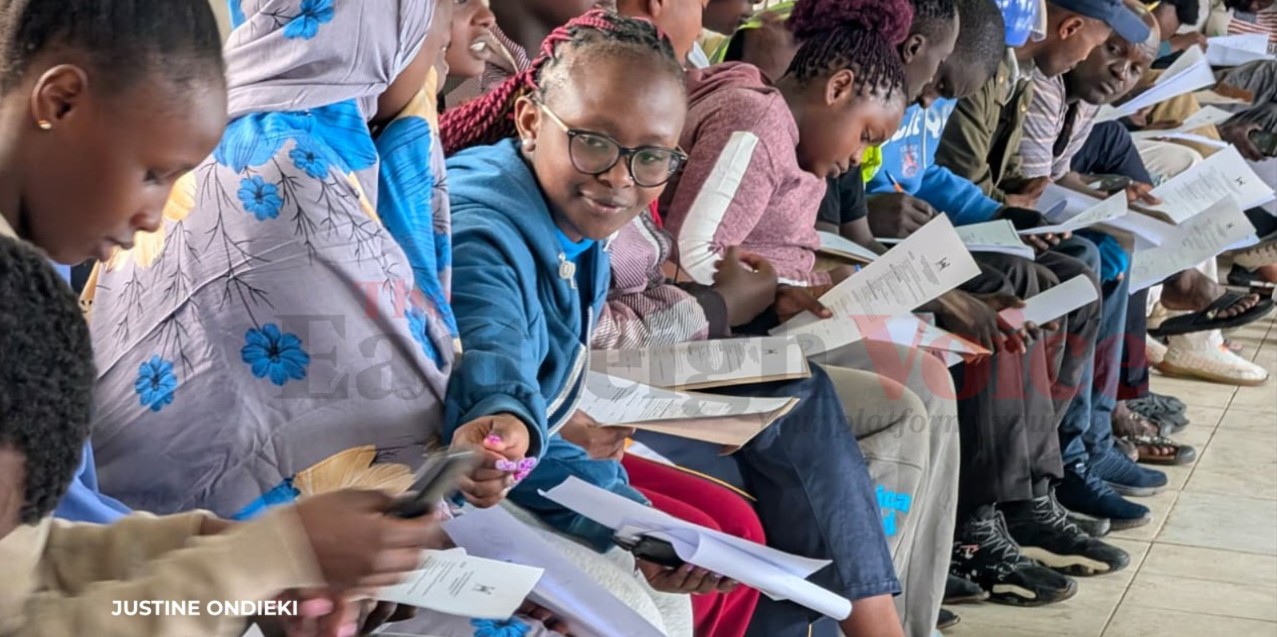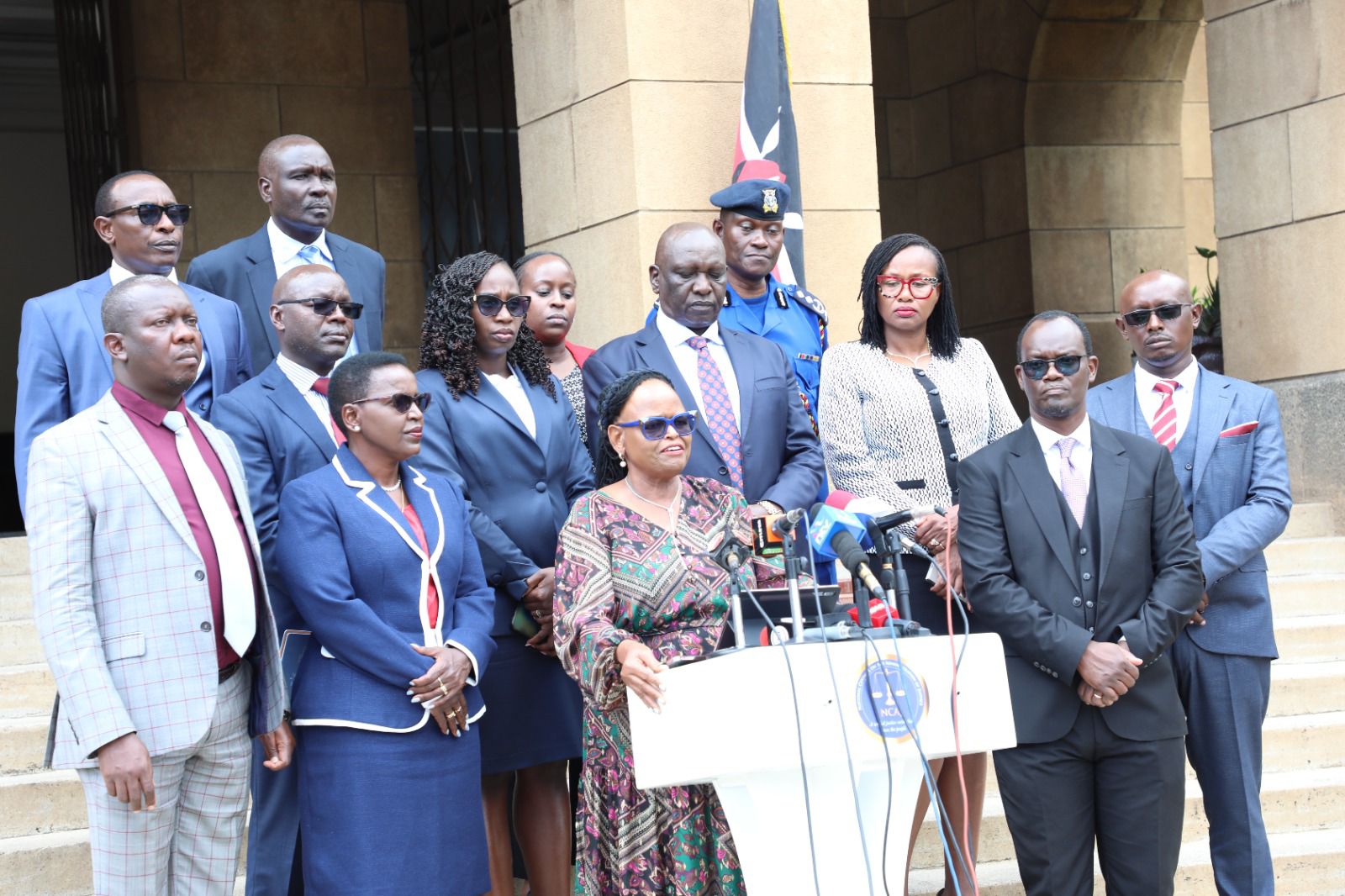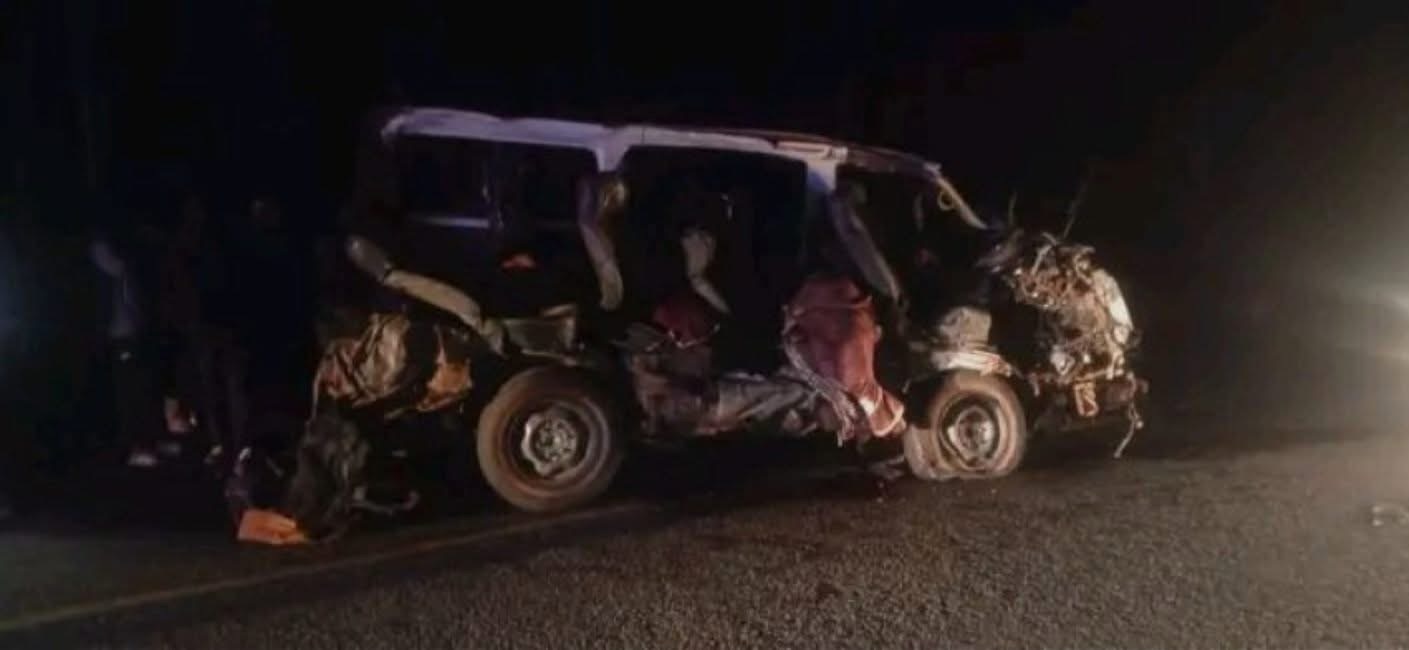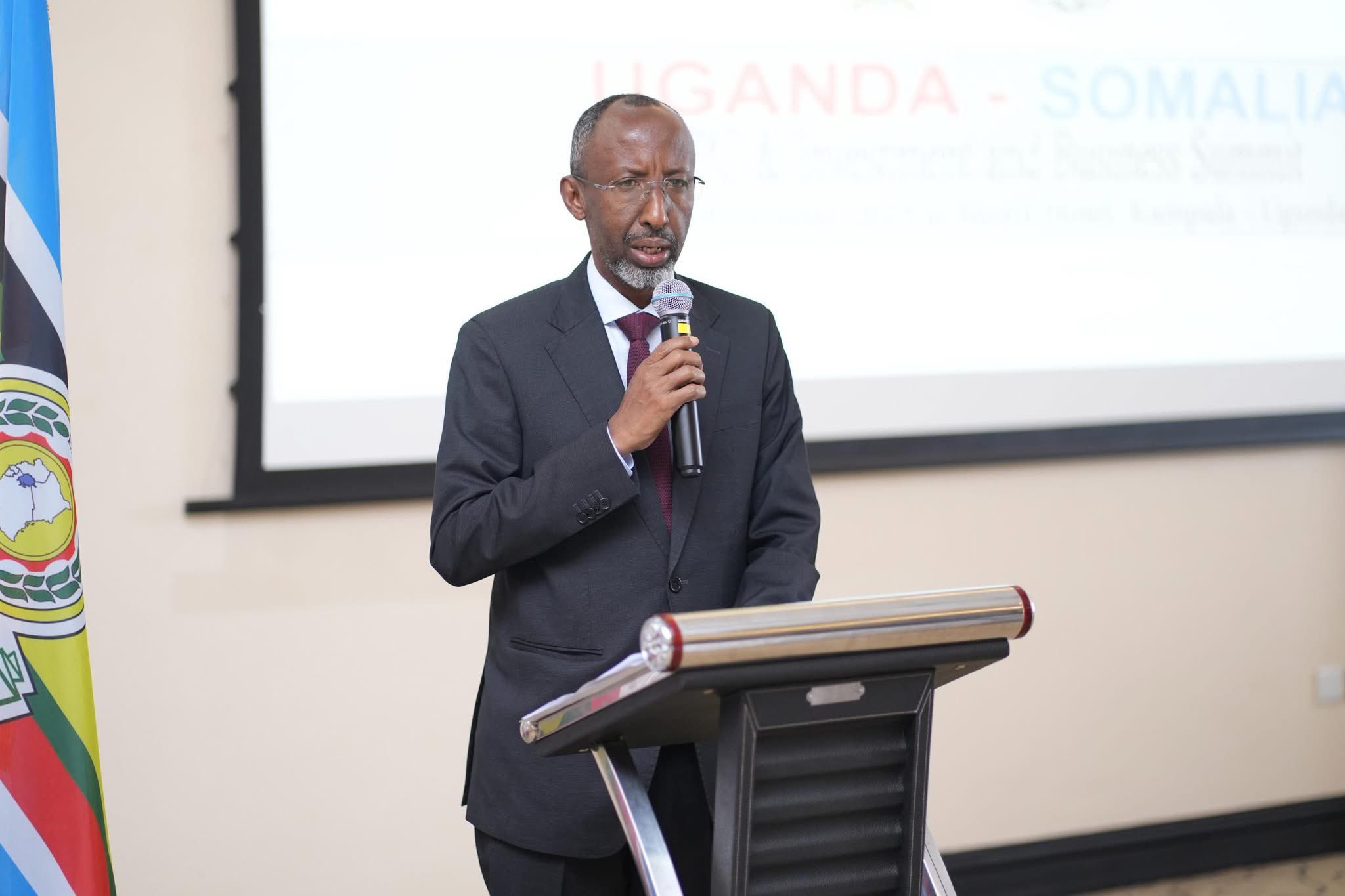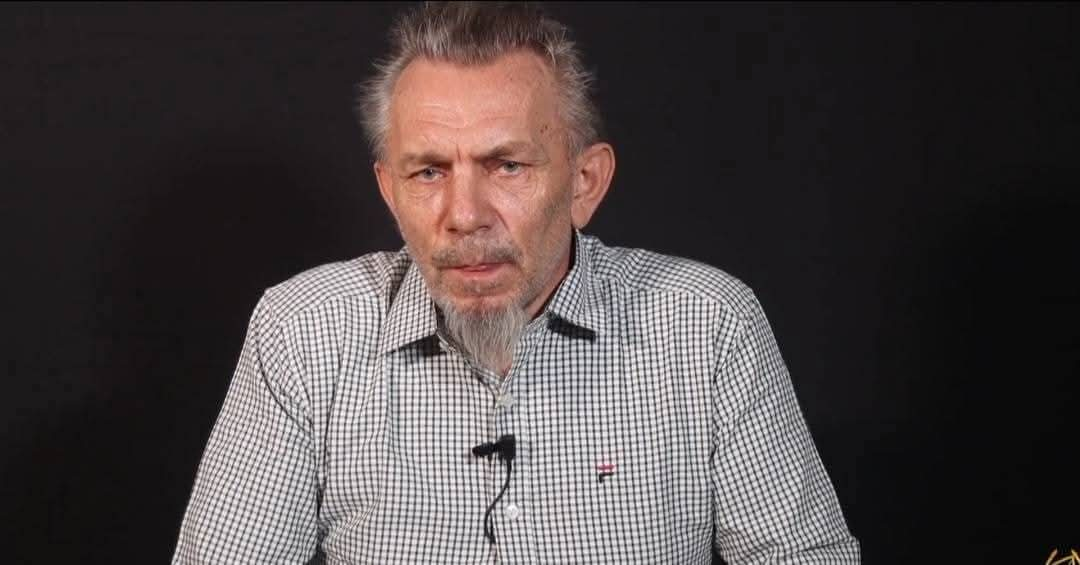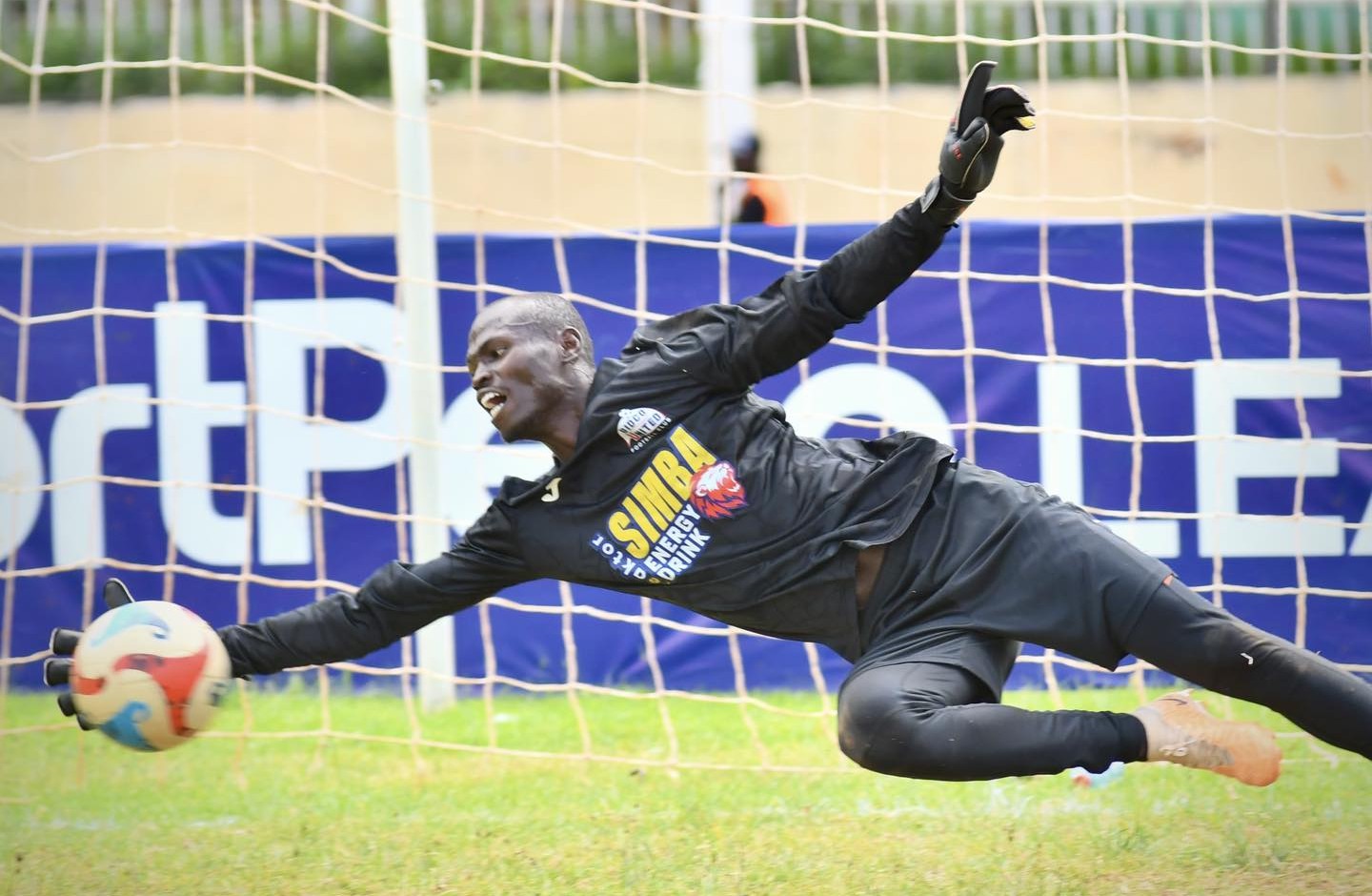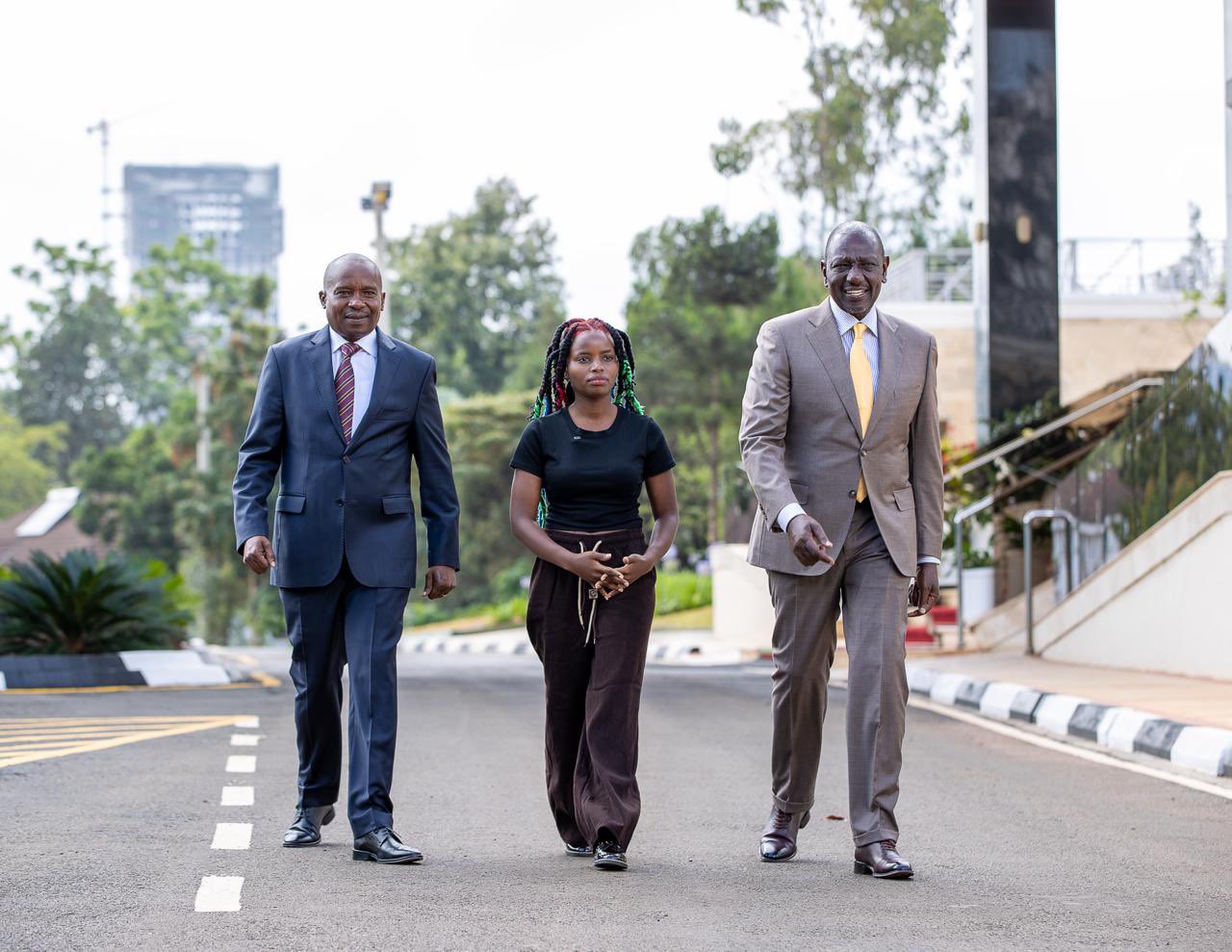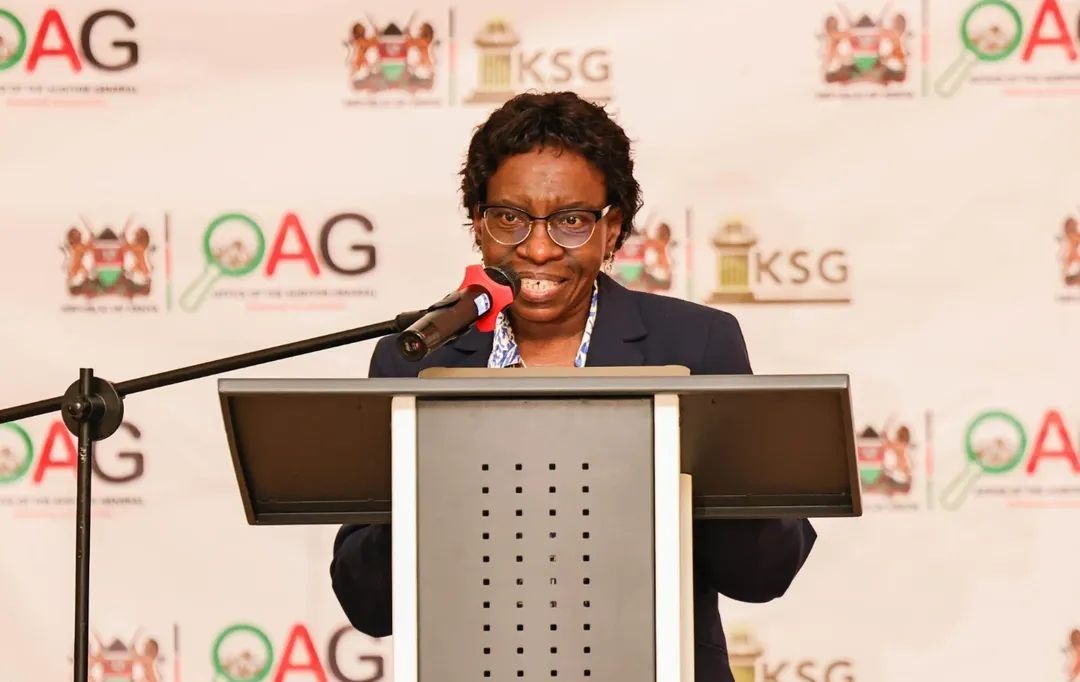South Sudanese refugee ball maker stitches hope for better future at Dadaab Refugee Camp
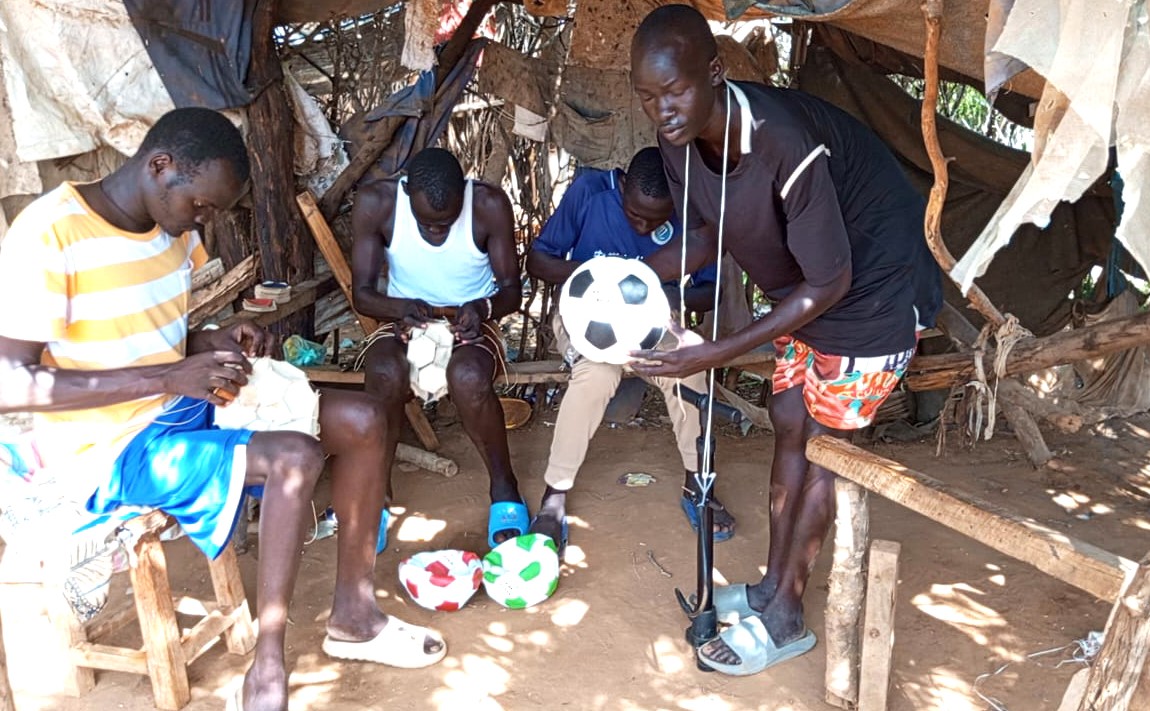
His business has a huge impact on the refugee community as he has created jobs for young people who lack employment.
Dadaab, a small town in semi-arid northeastern Kenya, is renowned for hosting one of the world's largest refugee camps. Here people who have escaped war in their countries find shelter, albeit with the discomfort of not being at home. But they treat Dadaab as a home away from home.
The Dadaab refugee complex was established in 1991 when refugees from Somalia started to cross the border into Kenya as they fled the civil war in their country. Currently, there are also refugees from other countries like South Sudan, Ethiopia, and the Great Lakes region.
More To Read
- 1,000 weapon‑wounded patients treated in South Sudan hospitals this year - ICRC
- MSF demands protection of civilians after deadly attack in Upper Nile State, South Sudan
- US ends Temporary Protected Status for South Sudanese nationals
- South Sudan peace deal at risk amid ceasefire violations, political discord - report
- Floods kill 19, affect nearly 640,000 in South Sudan: UN
- South Sudan is unstable: How a weak state benefits the ruling elite
On a recent visit to the refugee camp, I met 29-year-old Bol Bakuony from South Sudan. I first encountered him at Hanshi Palace, a hotel in the dusty small town opposite the Dadaab camp's main office.
Bol and others had come for a session with a team from the Kenya National Commission on Human Rights (KNCHR) who were assessing their Haki Na Ushirikiano project, an initiative designed to advocate for an environment where refugees and their host communities are aware of their rights and can seek redress when they are violated.
Bol and other duty-bearers were educated on refugee law and protection, to enhance service delivery.
Our encounter was just days before South Sudan celebrated its 13th independence, and I was curious about Bol’s perspective on this milestone. However, an emotional response led me to steer clear of the topic.
Bol, a young father of a three-month-old girl, narrated how he is finding healing, self-confidence, and income through making balls, years after fleeing his motherland due to political upheavals and insecurity.
The mention of South Sudan brought tears and rage in him as he recalled how he fled his country in 2014 at the peak of a civil that killed many of his compatriots.
He narrated how some of his family members were wiped out during the clashes sparked by political disagreements, forcing him to flee to Uganda.
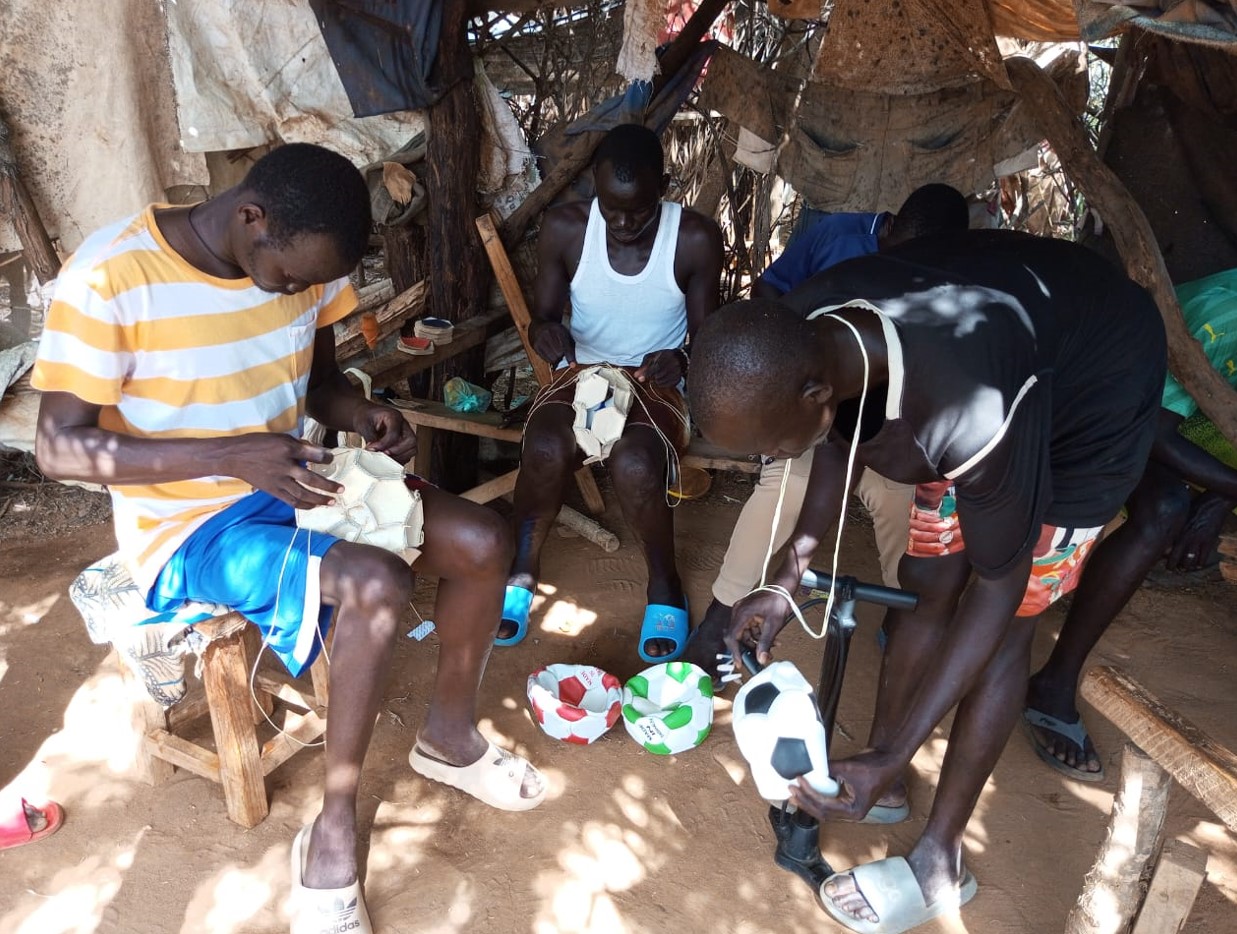 Bol Bakuony (left), stitches balls with his team at their base in Dagahaley, Dadaab Refugee Camp. (Photo: Bol Bakuony)
Bol Bakuony (left), stitches balls with his team at their base in Dagahaley, Dadaab Refugee Camp. (Photo: Bol Bakuony)
“They started killing people from the Nuer community, or anyone who speaks the Nuer language, and even forced us to eat the flesh of the dead bodies and have sex with our relatives,” Bol told The Eastleigh Voice.
Disability
Tall and dark, Bol has also been living with a leg disability that was caused by polio when he was 19. But his life is not defined by his disability; he lives just like anyone else without a disability would live.
“There are disrespectful people in Dadaab who mock me. Some call me Jerry, which means disabled. I don’t feel good about it, but I have adapted,” he said, noting that his focus is on improving his life and the lives of others.
When asked what inspired him to start stitching balls, Bol said he began this venture in 2020 after finishing high school and finding himself jobless. Observing the significant number of Somali people doing business, he decided to differentiate himself by learning the skills of repairing and making balls from his cousin who was trained by the Norwegian Refugee Council.
“I put in the effort and learned how to make balls and sold them at a cheap price,” he said, noting the price difference is Sh1,500 compared to the market rates.
Bol, who makes the balls in a small shack with a shade at Dagahaley camp, one of the shelters in Dadaab, said heavy rains often affect his business. Flooded playgrounds also mean he cannot sell his balls to his potential customers.
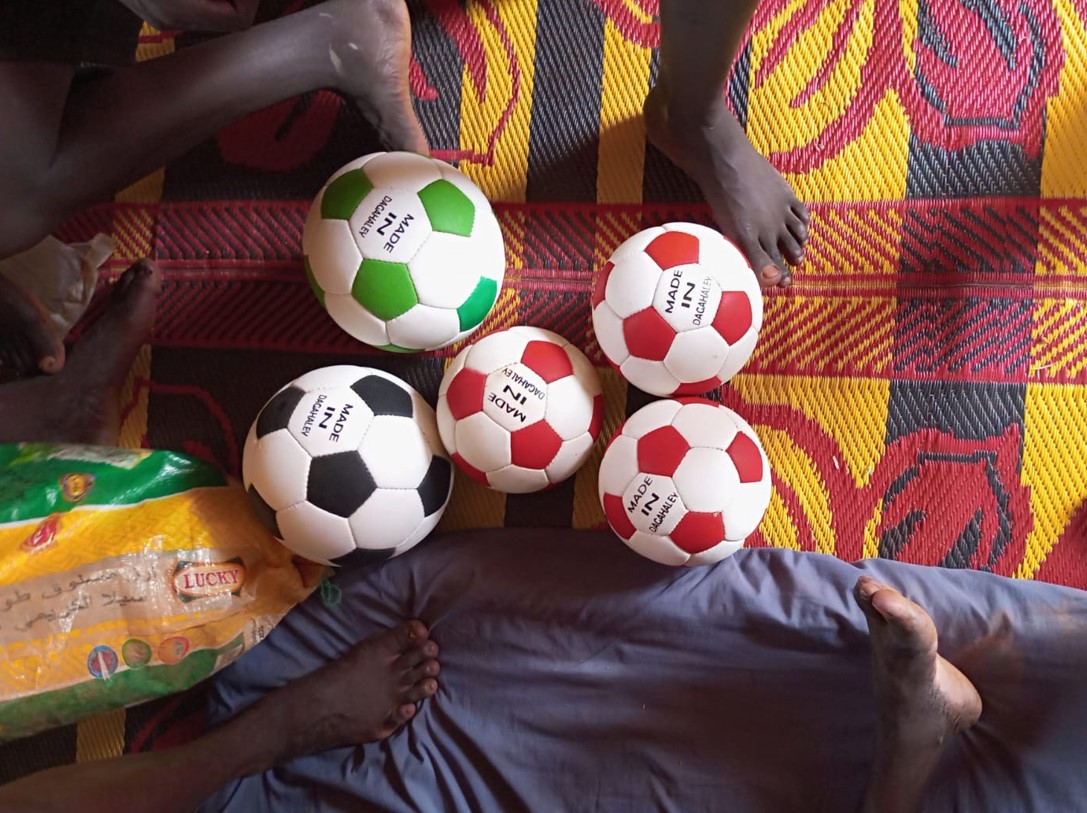 Some of the colourful balls Bol and his team have made. (Photo: Bol Bakuony)
Some of the colourful balls Bol and his team have made. (Photo: Bol Bakuony)
He also recounted how he lost almost Sh32,000 when materials he had ordered from Nairobi were swept away by floodwaters when the bus transporting them was caught in the floods.
“This affected me, but I still keep my dreams alive,” said Bol, who noted he encourages himself with the Bible, believing there is a time for everything.
This ball-making business is his only source of income.
He said it has had a huge impact on the refugee community because he has created jobs for young people who lack employment. He has also helped bring unity among different communities by selling balls at a cheaper price, fostering togetherness.
“You know some businesses bring problems to the community, but mine promotes unity,” he said, insisting that football serves as a symbol of unity.
He gets his materials from Nairobi, but delays sometimes hinder his work.
Sharing his ball-making experiences, Bol said he has to be dedicated to his business for it to bear fruit. “If there is no pain in the business, there is no gain,” he said.
While emphasising the need to work hard, Bol said he also seeks to show that people living with disabilities can achieve great things. “I am physically disabled but emotionally intelligent,” he said.
Bol dreams of turning his business into a company that will employ more young people in the region.
When asked if he plans to return to South Sudan, he gave an outright no. “The situation in South Sudan cannot make someone think of going back because even people who are there are now thinking of a way out. The only people enjoying life are those in government,” he said.
He urged his fellow refugees to never give up in life. “Life is like the sun and moon. The sun can shine during the day but not at night, and the moon can't shine during the day,” he said.
Top Stories Today
